PVC (polyvinyl chloride) windows can significantly reduce indoor noise interference through several mechanisms:
PVC Windows Material Density:
PVC windows are typically thicker and denser than traditional window materials like wood or aluminum. This density helps in blocking sound waves from penetrating through the window.
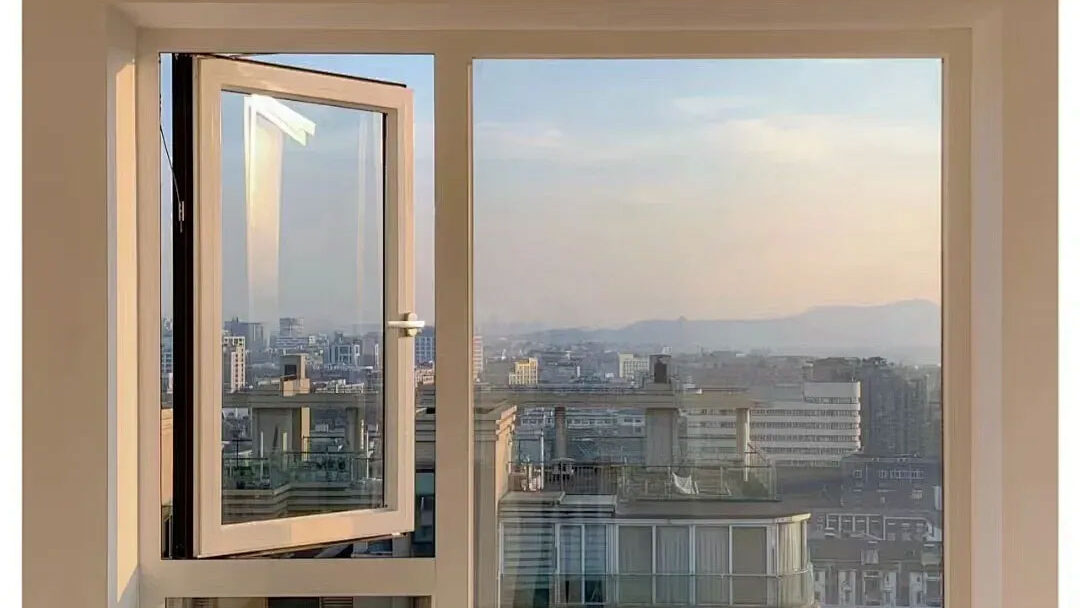
PVC Windows Multi-Layered Construction:
Many PVC windows consist of multiple layers of glass separated by air or gas-filled spaces. This multi-layered construction acts as a barrier to sound transmission. The more layers, the better the sound insulation.
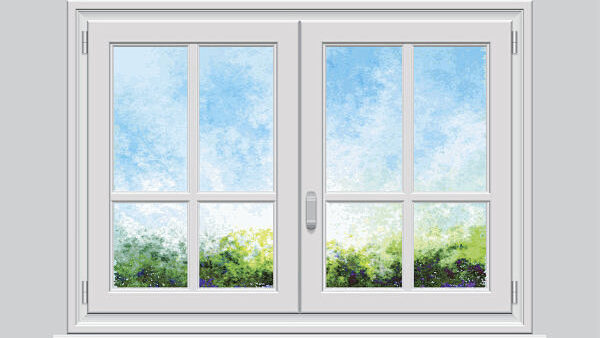
PVC Windows Sealing:
PVC windows are often installed with tight seals, which prevent sound from leaking through gaps around the window frame. Proper sealing ensures that there are no air leaks, which can significantly reduce noise transmission.
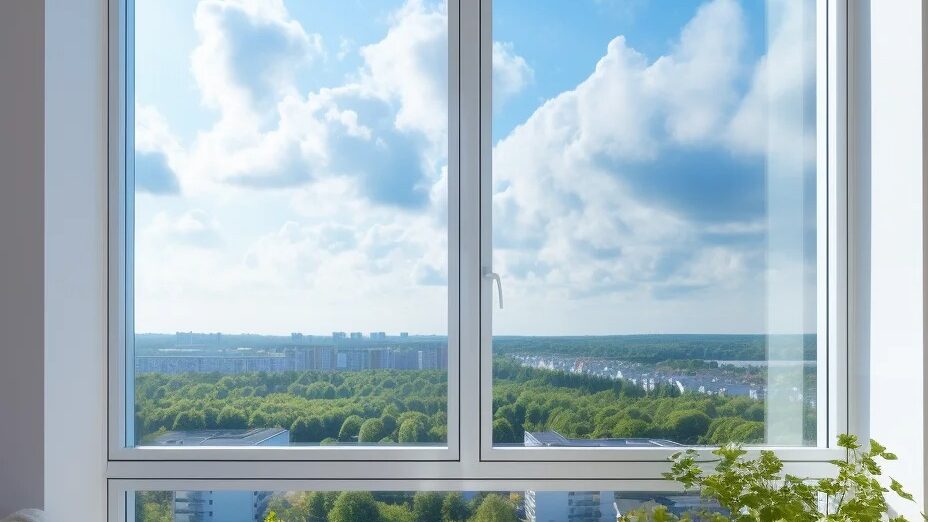
PVC Windows Sound-Absorbing Properties:
Some PVC window designs incorporate sound-absorbing materials within the frame or between the glass panes. These materials help dampen vibrations caused by sound waves, further reducing noise interference.
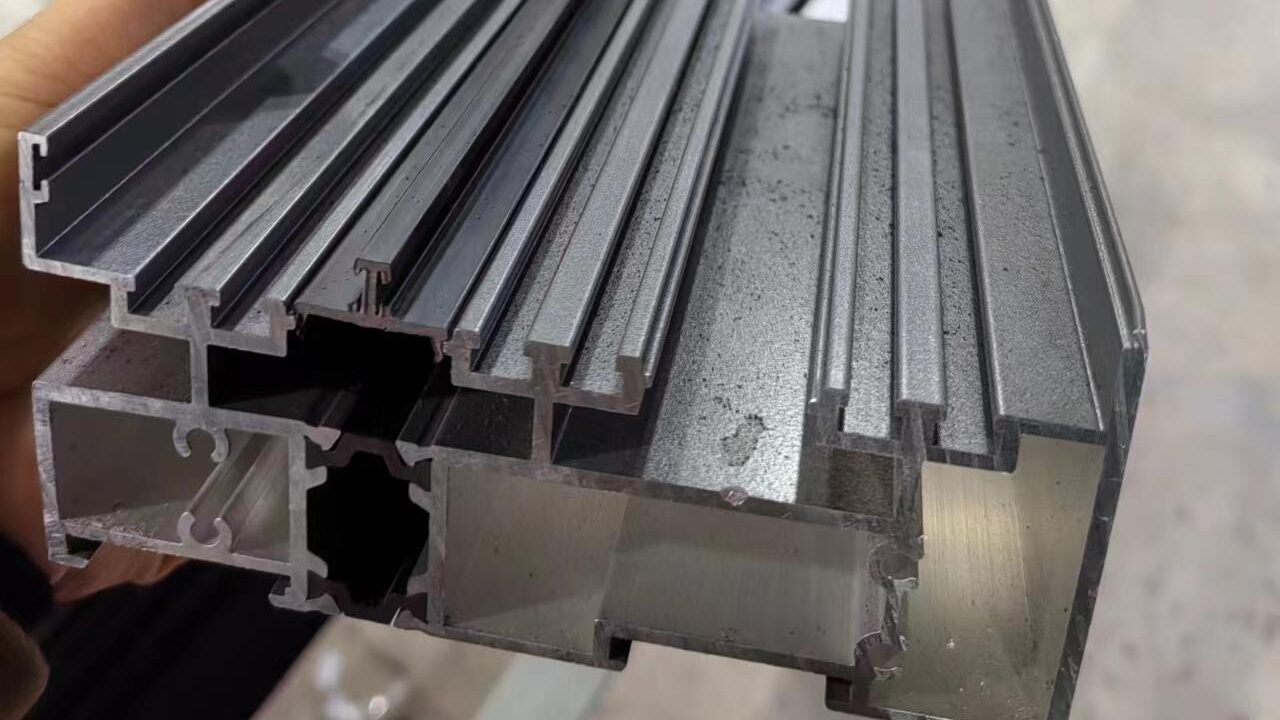
PVC Windows Thickness of Glass:
Thicker glass panes, commonly used in PVC windows, are more effective at blocking sound transmission compared to thinner glass. The thicker the glass, the more difficult it is for sound waves to pass through.
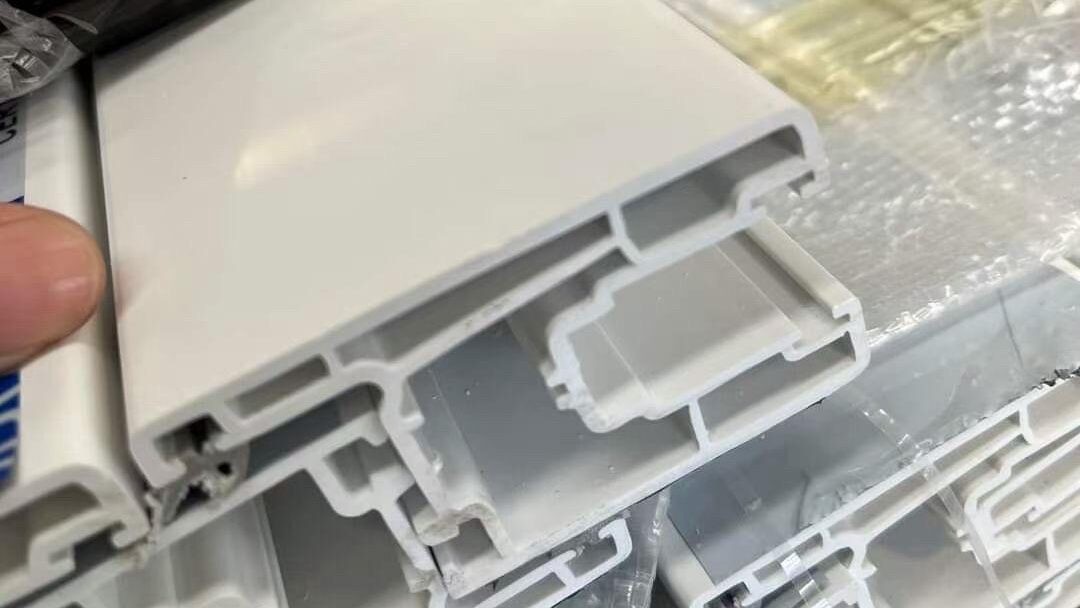
PVC Windows Design Features:
PVC windows can be designed with specific features, such as lamination or specialized coatings, to enhance their sound insulation properties. These features can further dampen sound vibrations and improve overall noise reduction.
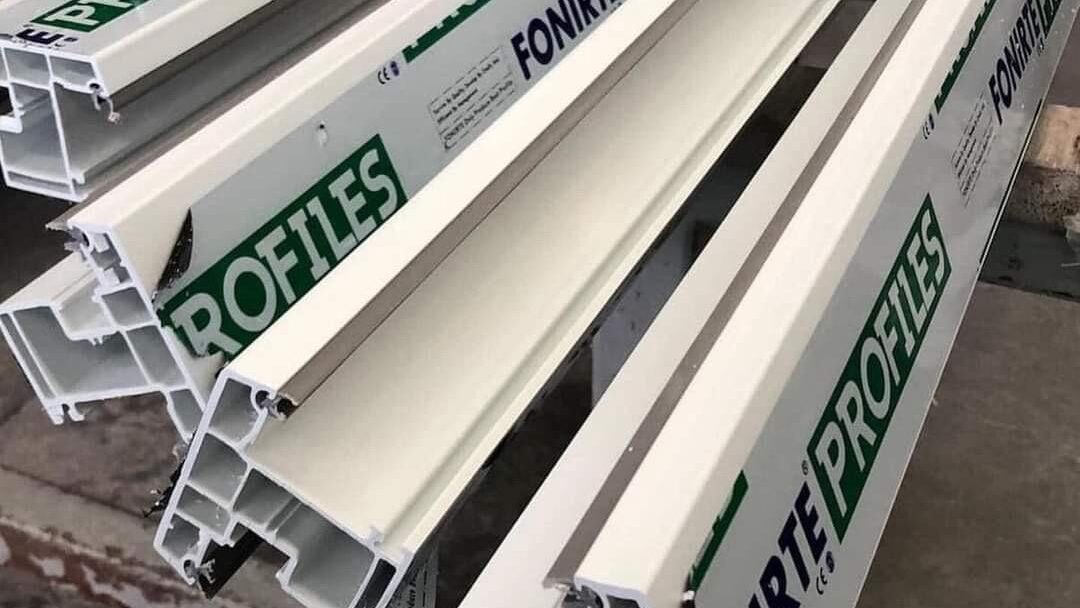
Overall, PVC windows offer superior sound insulation compared to many other types of windows, making them an excellent choice for reducing indoor noise interference and enhancing comfort in residential and commercial spaces.
You can use our online contact form to get in touch with us today.We look forward to helping you create the home of your dreams with our aluminium windows and doors!
